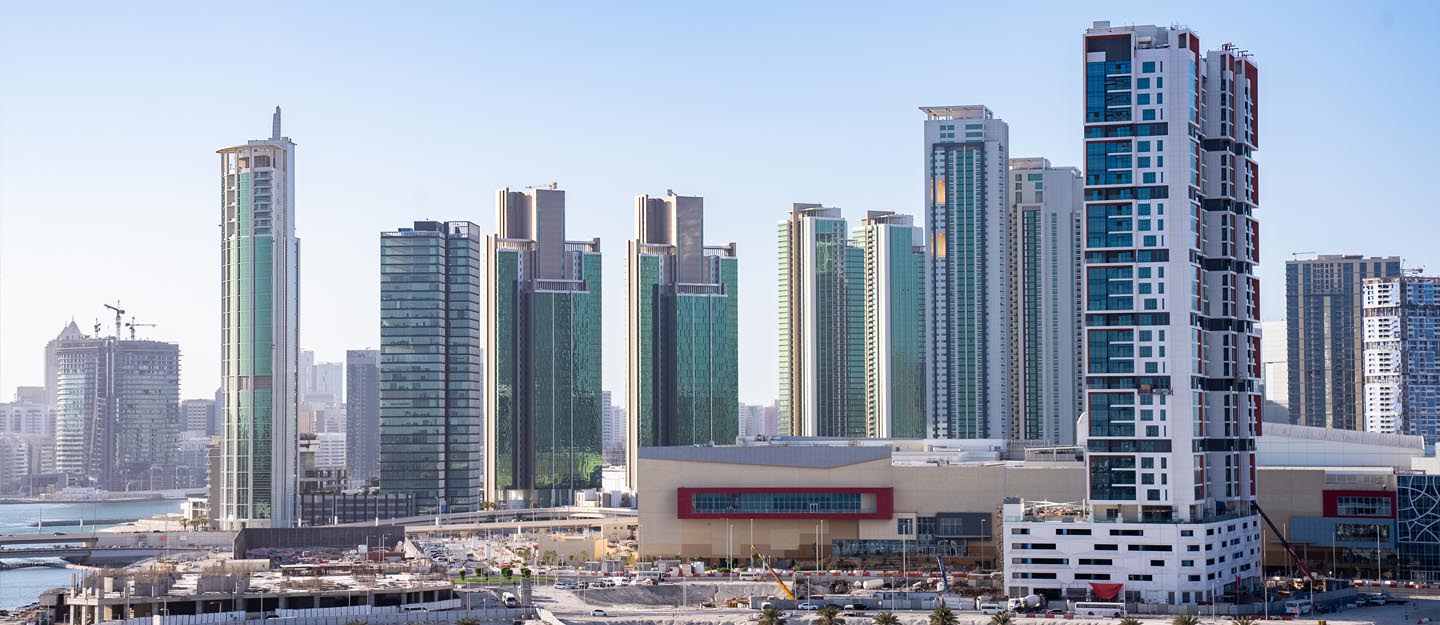The real estate market in Abu Dhabi has always been a dynamic and evolving landscape, reflecting the city’s growing status as a global hub. Recent trends and insights into the Abu Dhabi property market reveal a multifaceted scenario, influenced by economic, social, and regulatory factors.

1. The State of the Housing Market
Abu Dhabi’s housing market has shown resilience and adaptability in the face of global economic shifts. The demand for residential properties has been on a steady incline, driven by the city’s economic growth and its appeal as a lifestyle destination. Luxurious housing projects and waterfront properties, in particular, continue to attract both local and international investors.
2. Diversification in the Abu Dhabi Real Estate Market
The real estate market in Abu Dhabi is not just about residential properties. There has been a significant shift towards diversifying the market with commercial, retail, and hospitality projects. This diversification is part of a broader strategy to boost economic growth and reduce reliance on oil revenues.
3. Technological Advancements and Sustainability
Technological integration and sustainability are becoming increasingly important in Abu Dhabi’s real estate sector. Smart home technologies, energy-efficient buildings, and eco-friendly materials are now standard in new developments. This shift not only aligns with global environmental concerns but also adds value to the properties.
4. Regulatory Reforms and Investor Confidence
Abu Dhabi has implemented several regulatory reforms aimed at bolstering investor confidence. These reforms include more flexible visa regulations for property investors, transparent transaction processes, and improved legal frameworks for property ownership. Such measures have made the Abu Dhabi property market more attractive to foreign investors.
5. Future Outlook
The future of Abu Dhabi’s real estate market looks promising. With continued government support, regulatory reforms, and a focus on sustainable and technologically advanced developments, the market is well-positioned for long-term growth. Additionally, global events like Expo 2020 have further put Abu Dhabi on the map, attracting more international attention and investment.
6. Market Resilience Amidst Global Challenges
Despite global economic challenges, Abu Dhabi’s real estate market has shown remarkable resilience. This resilience can be attributed to the city’s stable political environment, strong economic fundamentals, and the government’s proactive measures in supporting the real estate sector during tough times.
7. Shift Towards Affordable Housing
There is a noticeable shift towards more affordable housing options in Abu Dhabi. This trend caters to the middle-income segment and is crucial for sustainable urban development. It also reflects the government’s commitment to ensuring housing affordability for its residents.
8. The Role of Foreign Investments
Foreign investments play a significant role in Abu Dhabi’s property market. The government’s initiatives to liberalize the market and offer more attractive investment opportunities have been successful in drawing international investors, further diversifying the market, and driving growth.
In conclusion, Abu Dhabi’s real estate market is evolving with a focus on diversity, sustainability, and technological integration. These trends, coupled with favorable regulatory environments, are shaping a robust and attractive market for both local and international investors.







